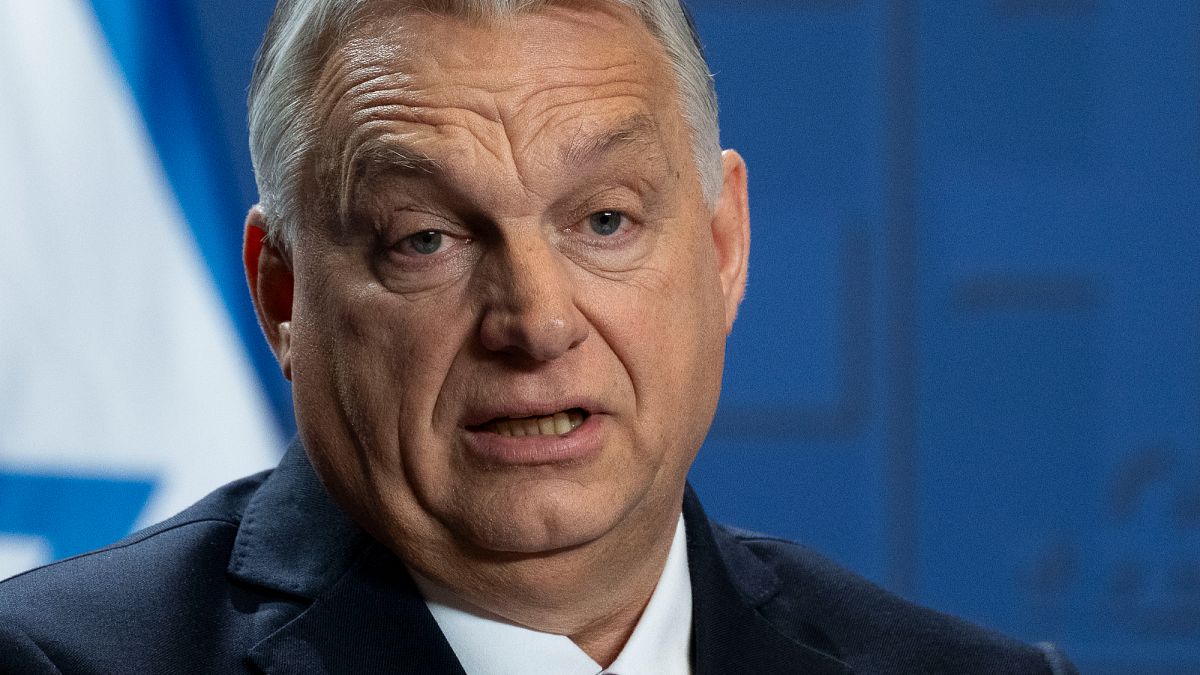

In a significant move reflecting the European Union’s ongoing commitment to addressing a wide variety of challenges, the European Commission recently unveiled a comprehensive €2 trillion budget proposal spanning the years 2028 to 2034. This extensive budget seeks to balance immediate economic needs with long-term strategic goals across the EU, notably emphasizing rule of law, agricultural reforms, and regional development. Planned to ensure a cohesive and prosperous European future, the proposal showcases both ambition and pragmatism.
At the heart of this proposal is a focus on reinforcing the rule of law, a foundational value that underpins the stability and integration of the EU. The proposal introduces a mechanism where payments can be suspended if any member state is found regressing in this area. This particular clause reflects the EU’s dedication to maintaining high governance standards, highlighting the interconnectedness between economic support and legal compliance. However, the successful implementation of this budget framework requires consensus, as demonstrated by Hungary’s critical role in granting approval for the plan to proceed.
Among the priorities of this €2 trillion blueprint is bolstering support for Ukraine, which continues to play a pivotal role in Europe’s broader geopolitical strategy. Additionally, significant restructuring comes in the form of the merger of the agriculture and cohesion funds. This indicates a more streamlined approach to funding, ensuring that resources are effectively directed towards fostering growth and development across sectors and regions.
Importantly, Poland stands to gain substantially from this vast budget, emerging as the largest beneficiary. Polish Finance Minister’s affirmations underscore the country’s pivotal position within the EU’s economic framework over the forthcoming years. This proposed distribution aligns with the EU’s broader strategy of supporting regions with significant growth potential, although it has sparked a degree of contention within Poland, particularly among farming communities concerned about agricultural reforms.
Reflecting a significant yet sensible change, the proposal outlines a reduction in overall agricultural spending compared to previous periods. However, the European Commission reassures that individual farmers are expected to receive the same financial benefits as before, spotlighting a careful balance between efficiency gains and direct support. This cautious recalibration underscores the EU’s commitment to sustaining its agricultural sector while reallocating resources where they can yield the most impact, thus promoting a sustainable and balanced growth pathway.
This ambitious budget proposal by the European Commission encapsulates a future-forward vision for the EU, characterized by strategic fiscal planning and a commitment to foundational values. As this proposal seeks approval, it reflects the EU’s proactive stance in tackling contemporary challenges with solutions that are as pragmatic as they are visionary. The emphasis on rule of law, equitable distribution, and sectoral reform reiterates the EU’s role in fostering a collaborative and resilient future for all its member states.
Source: {link}
